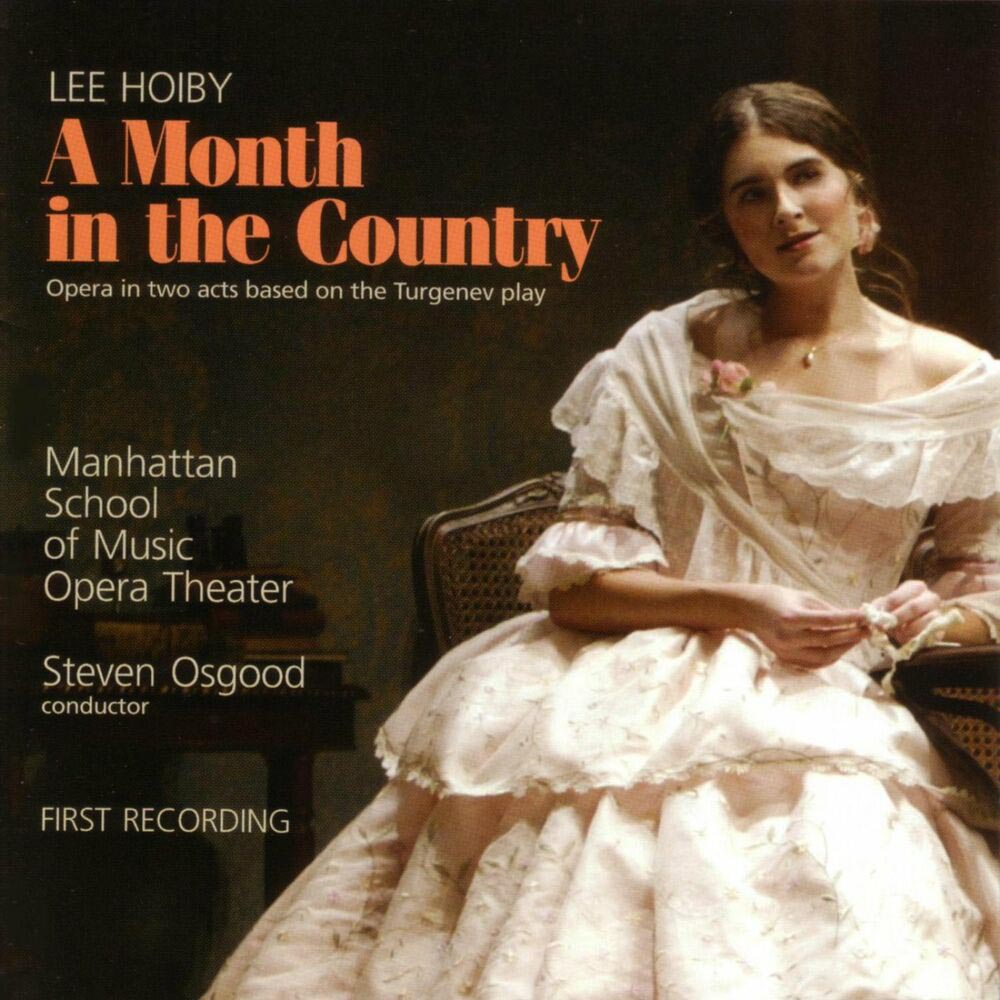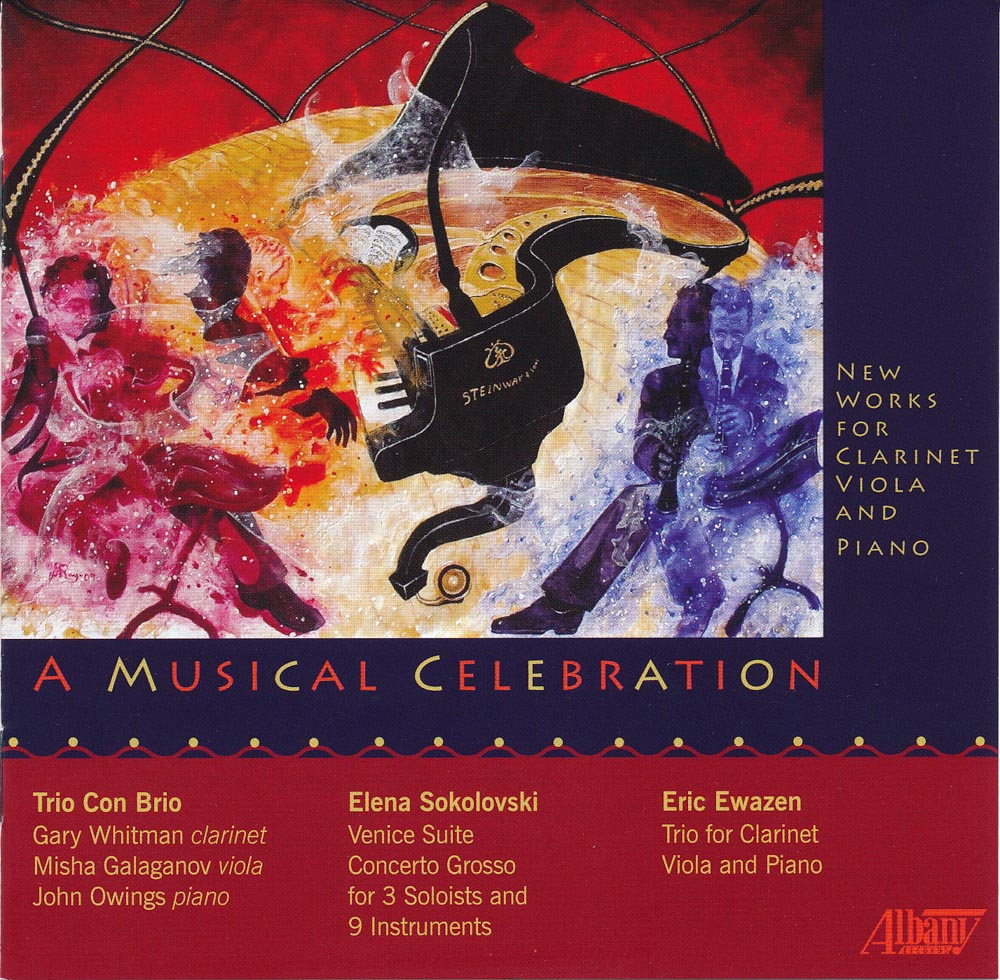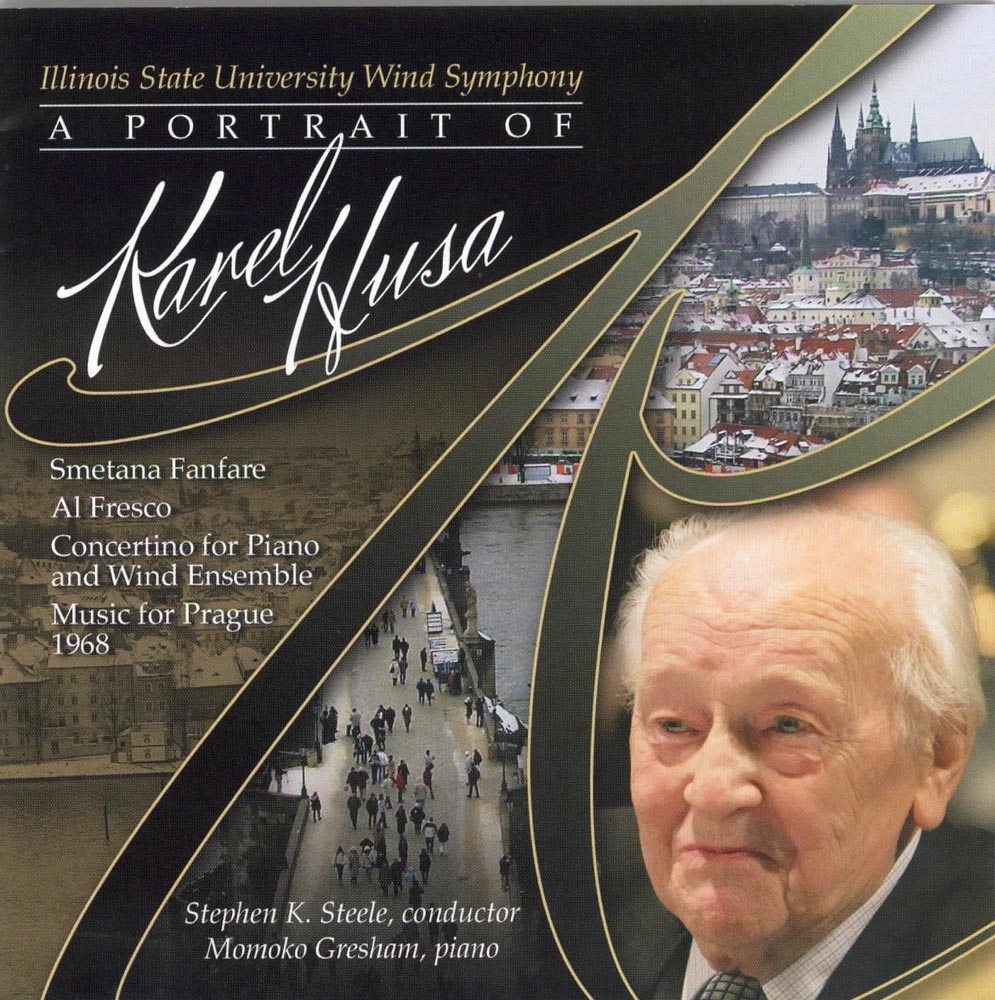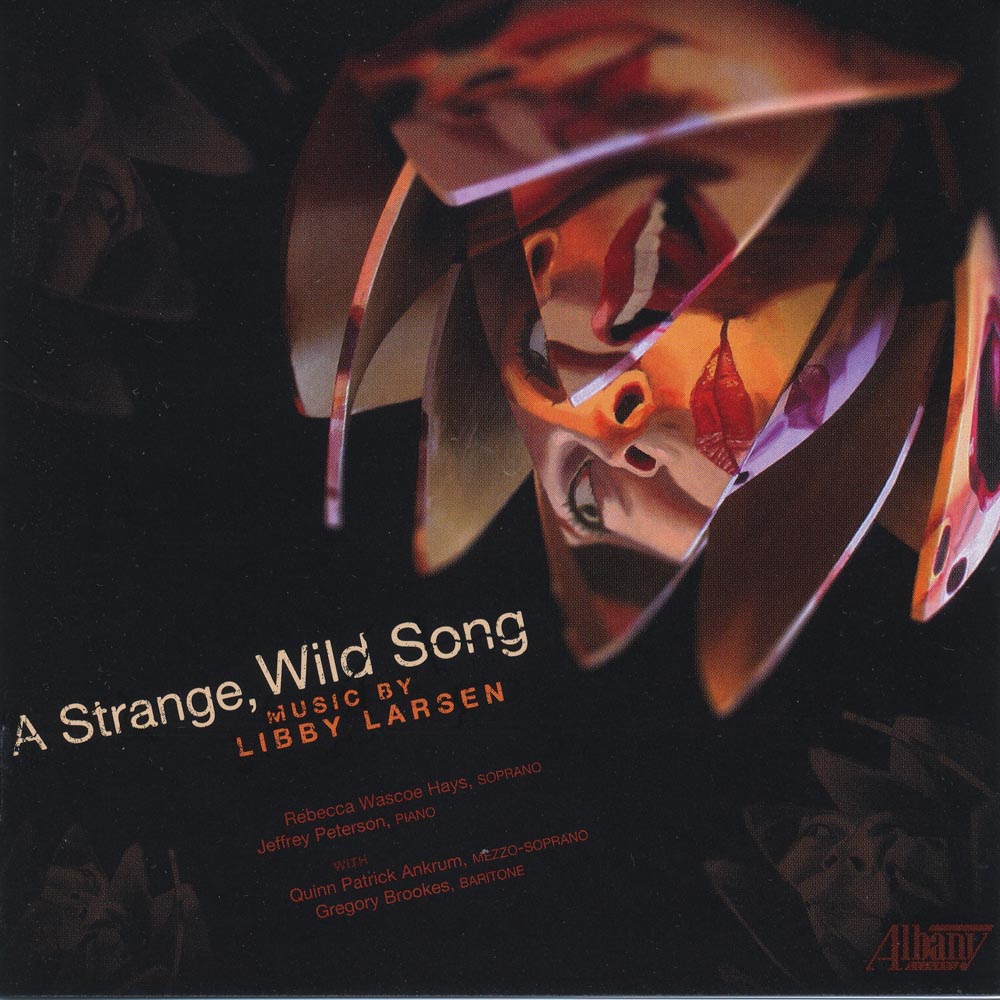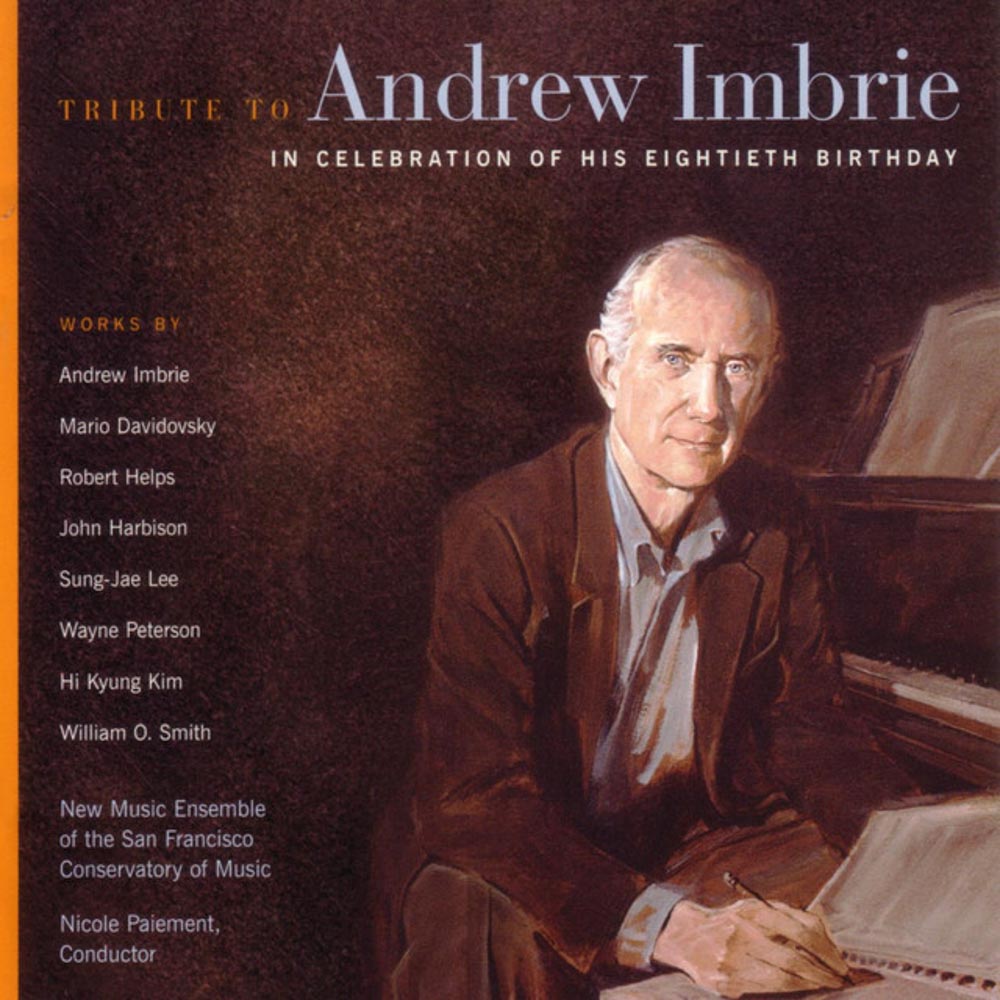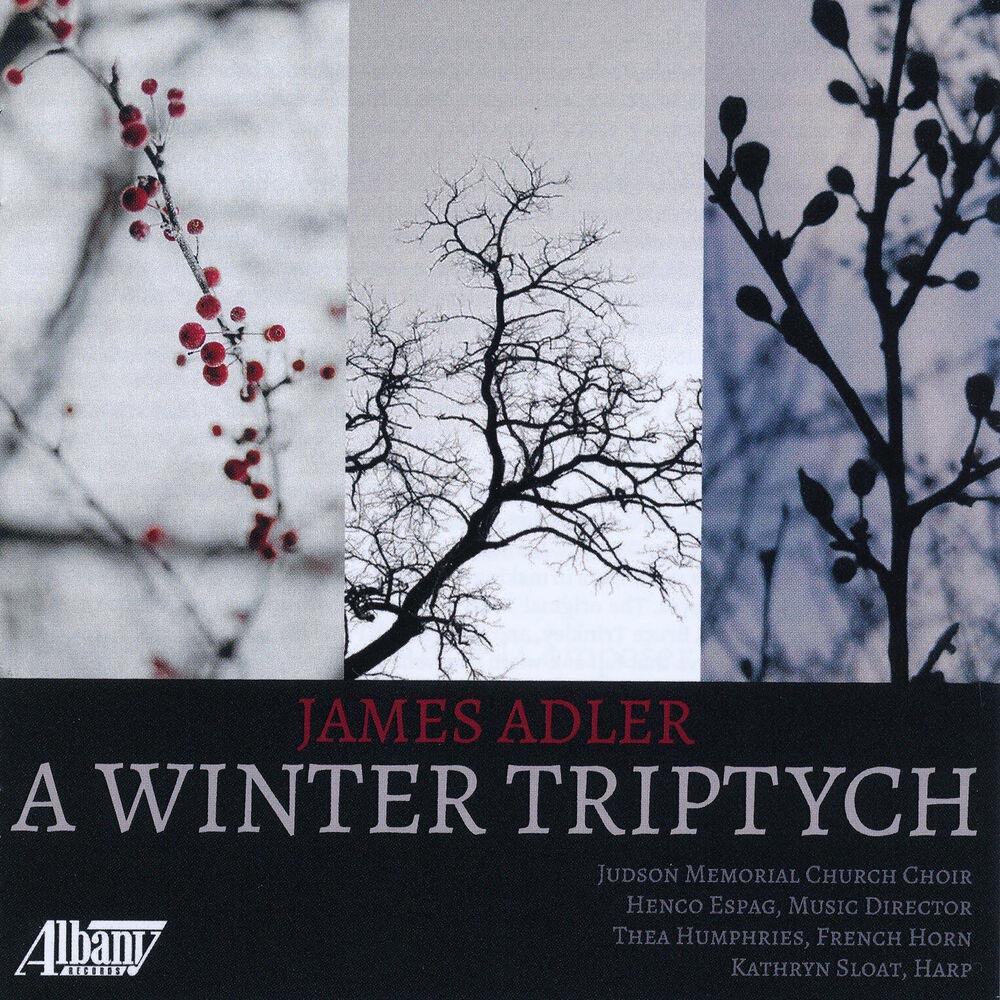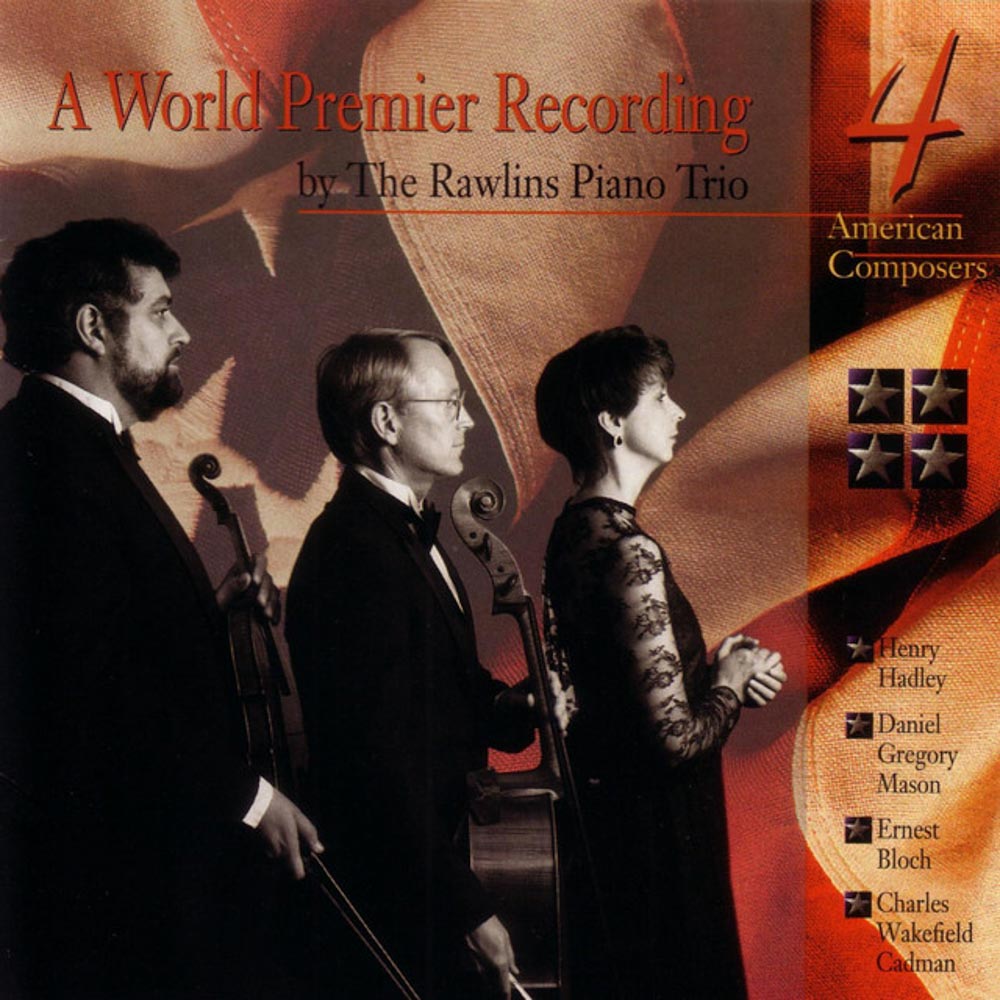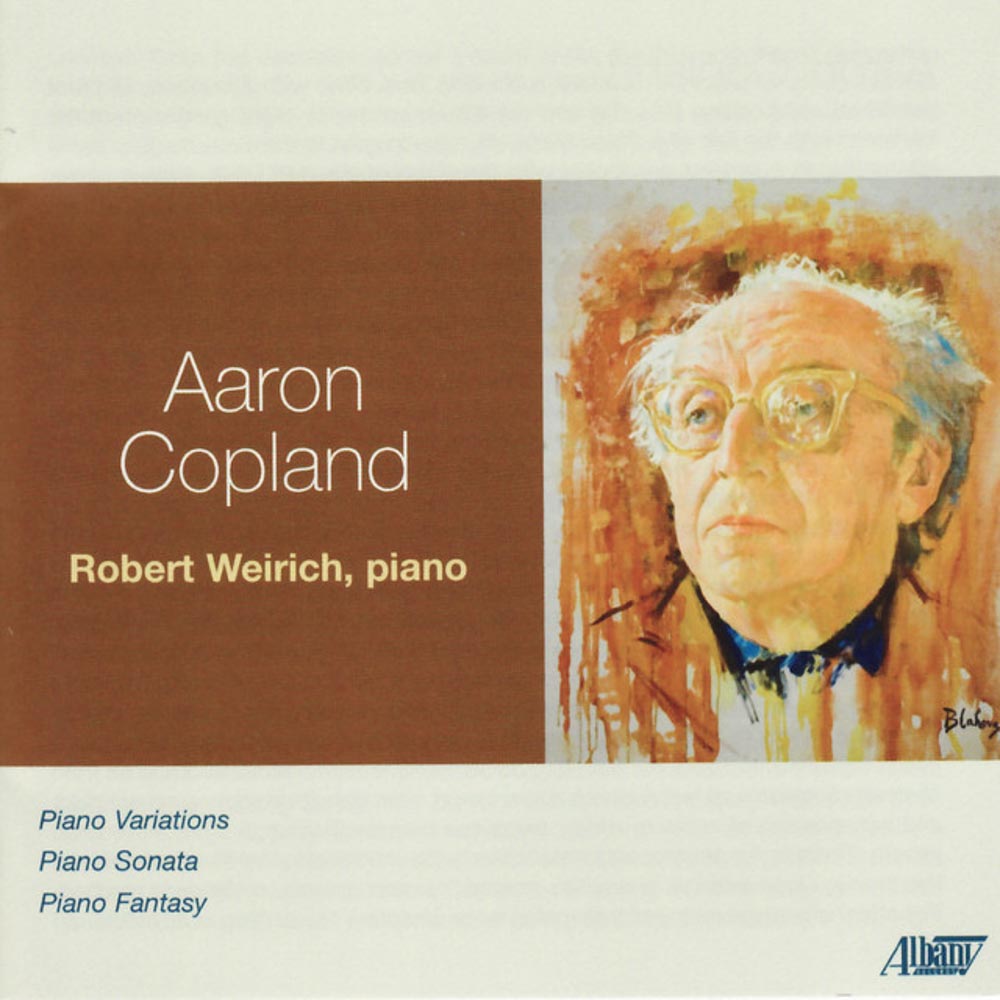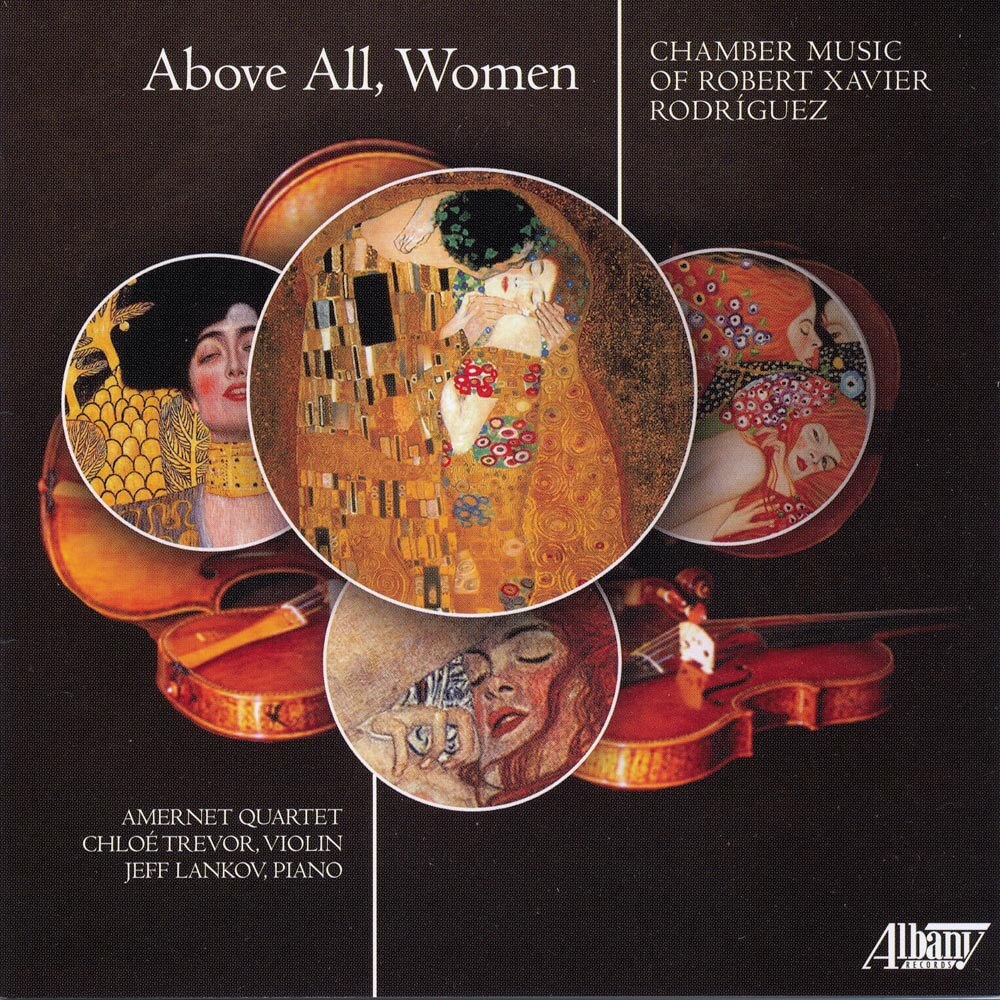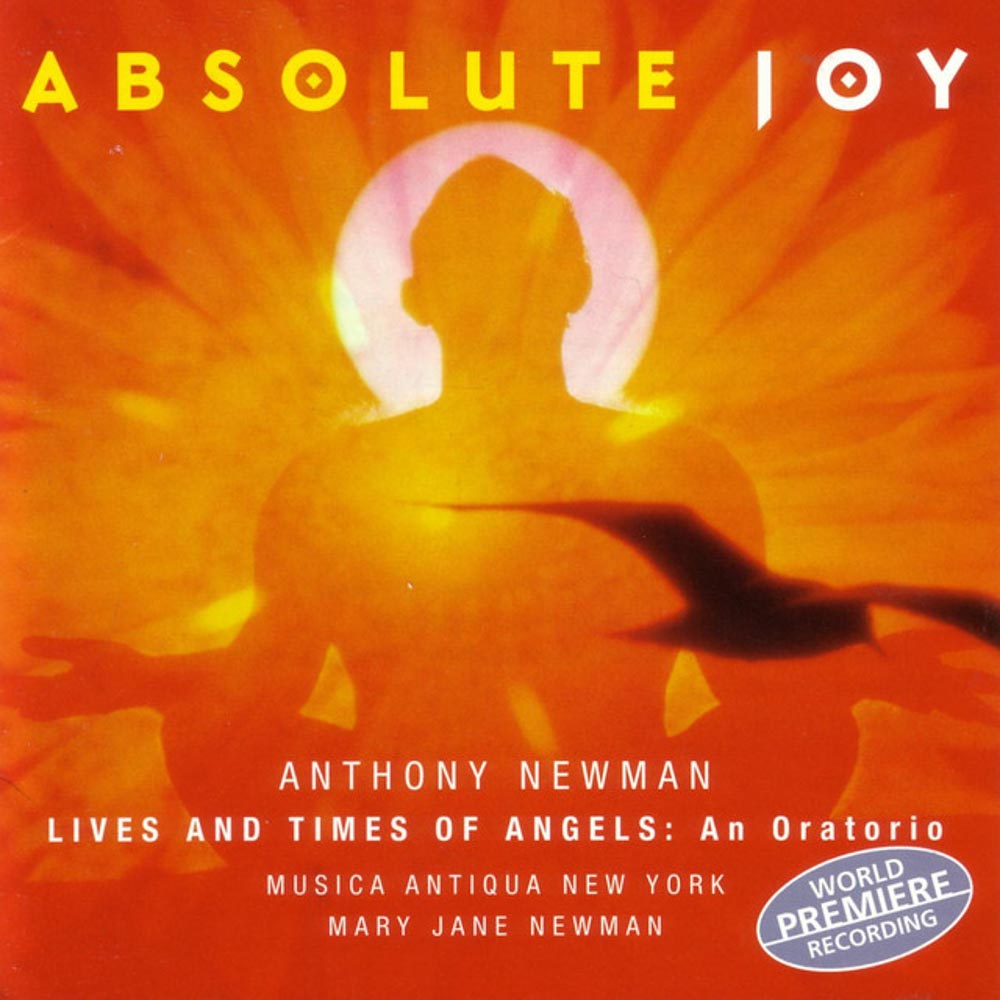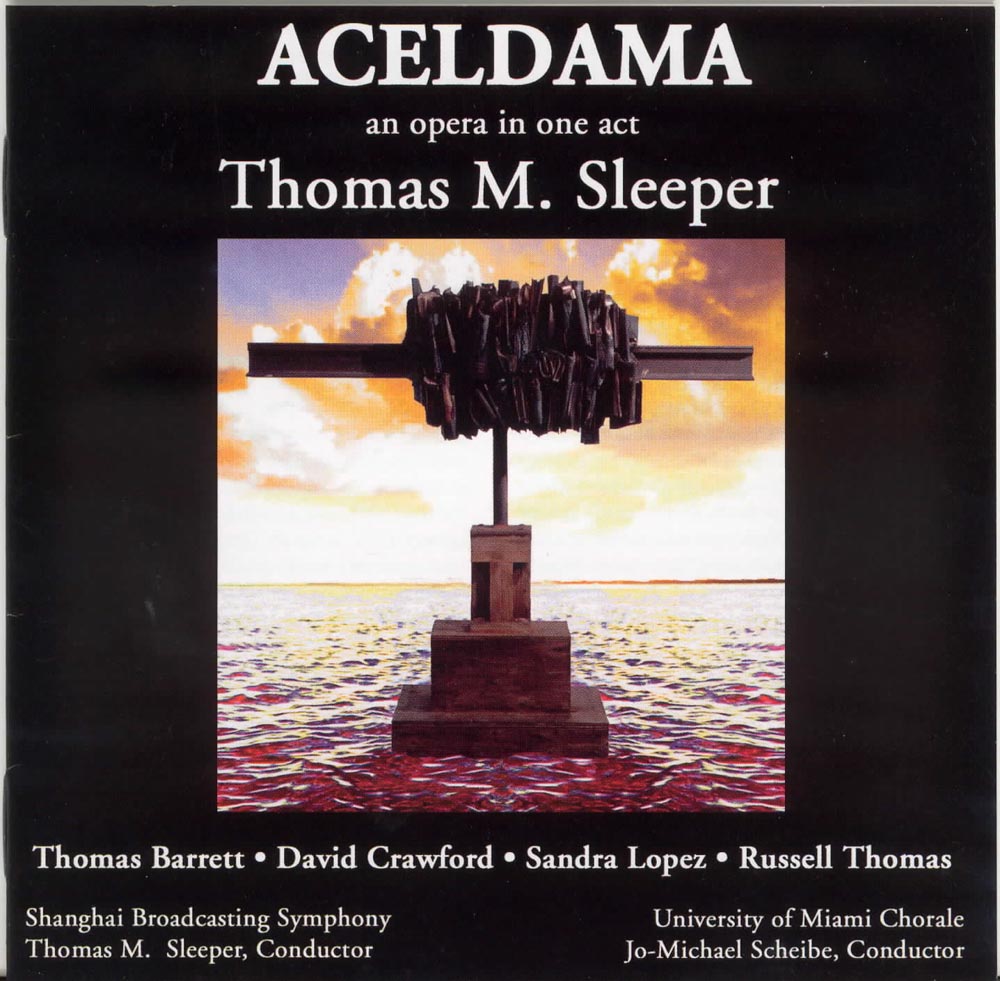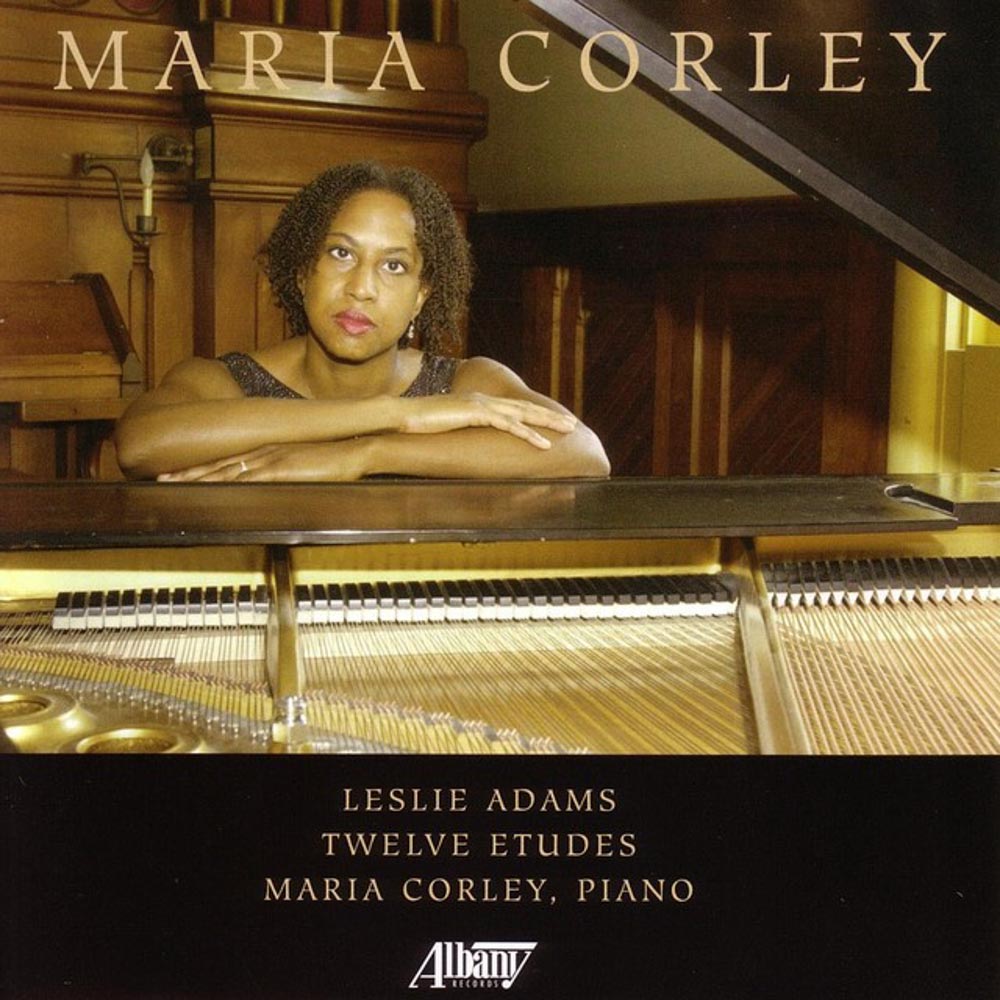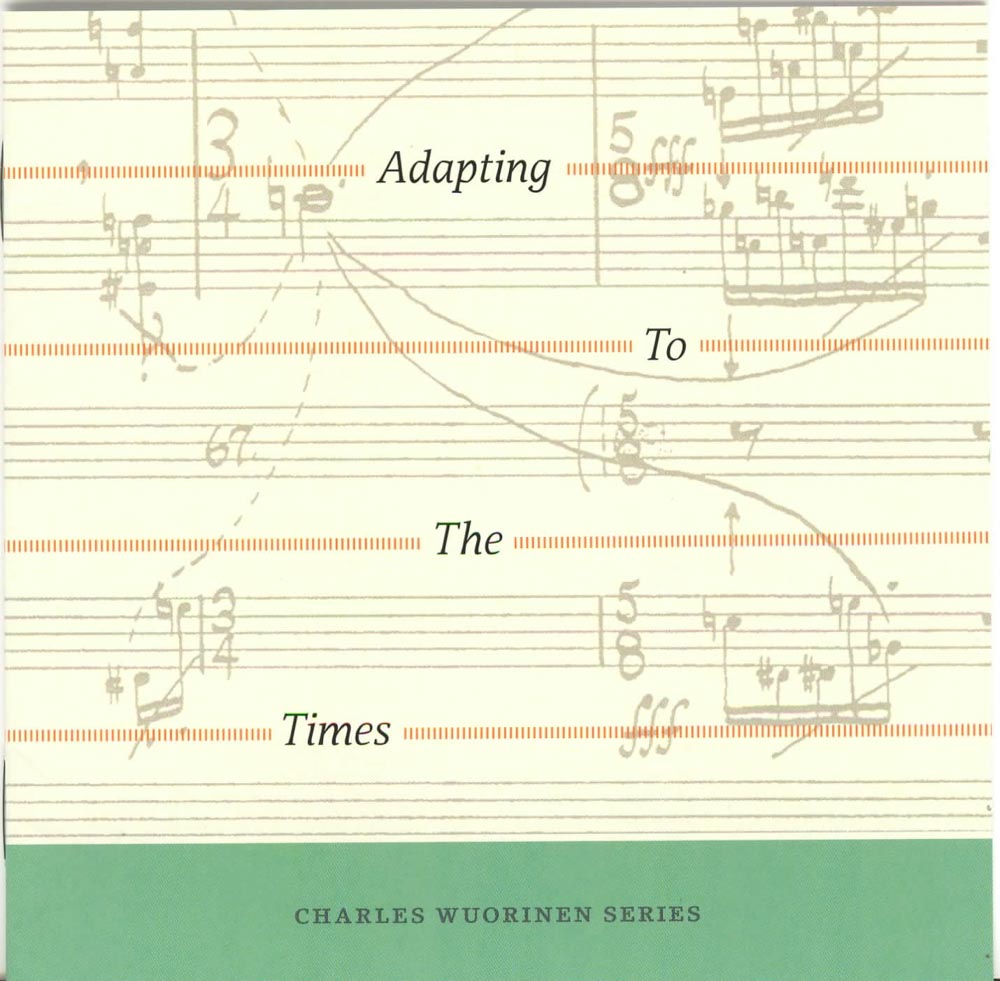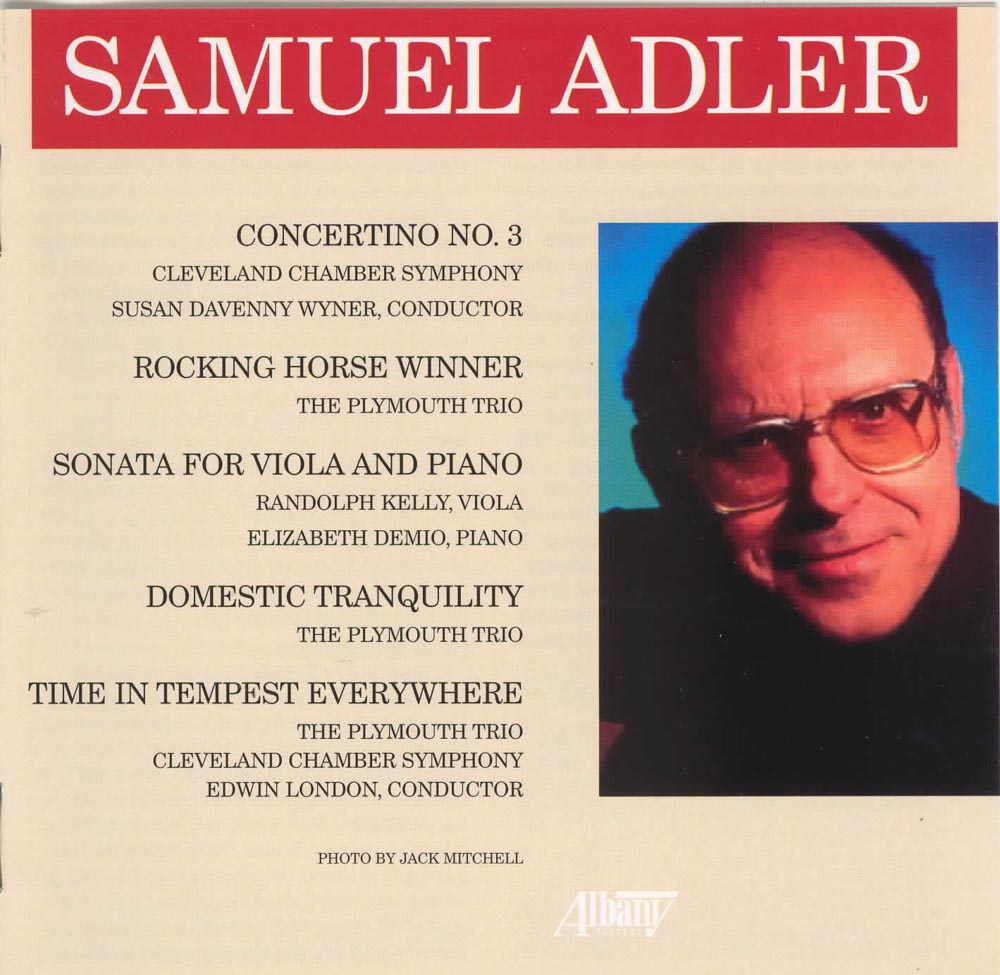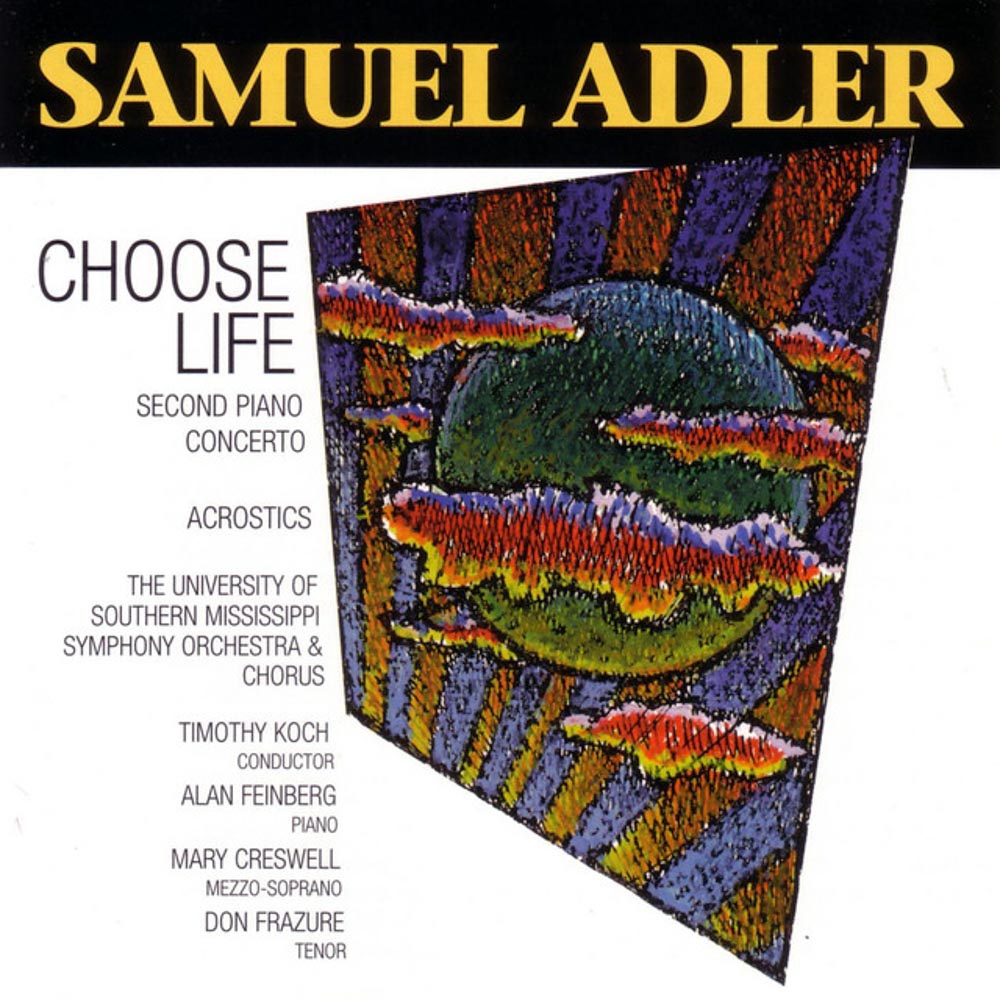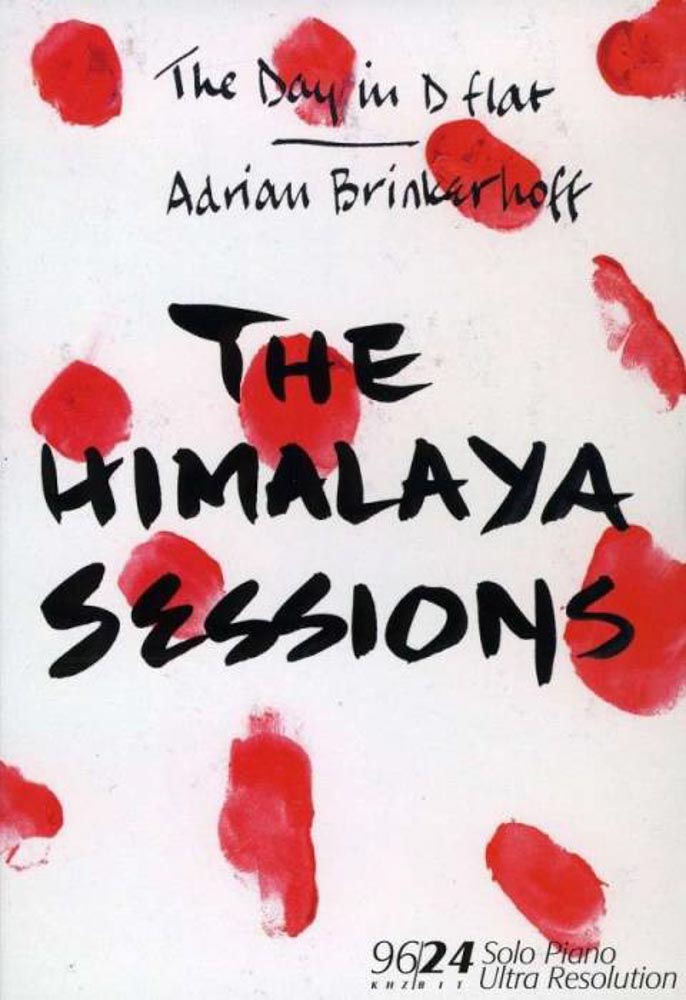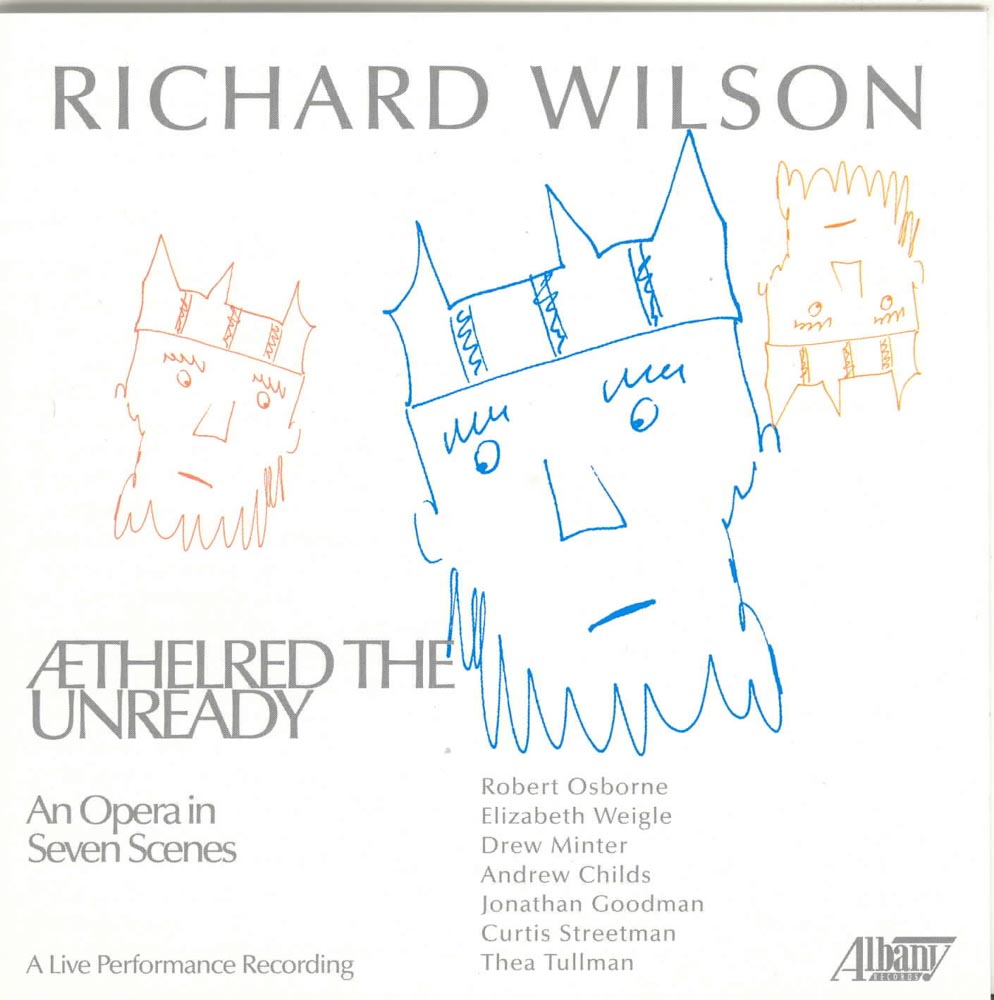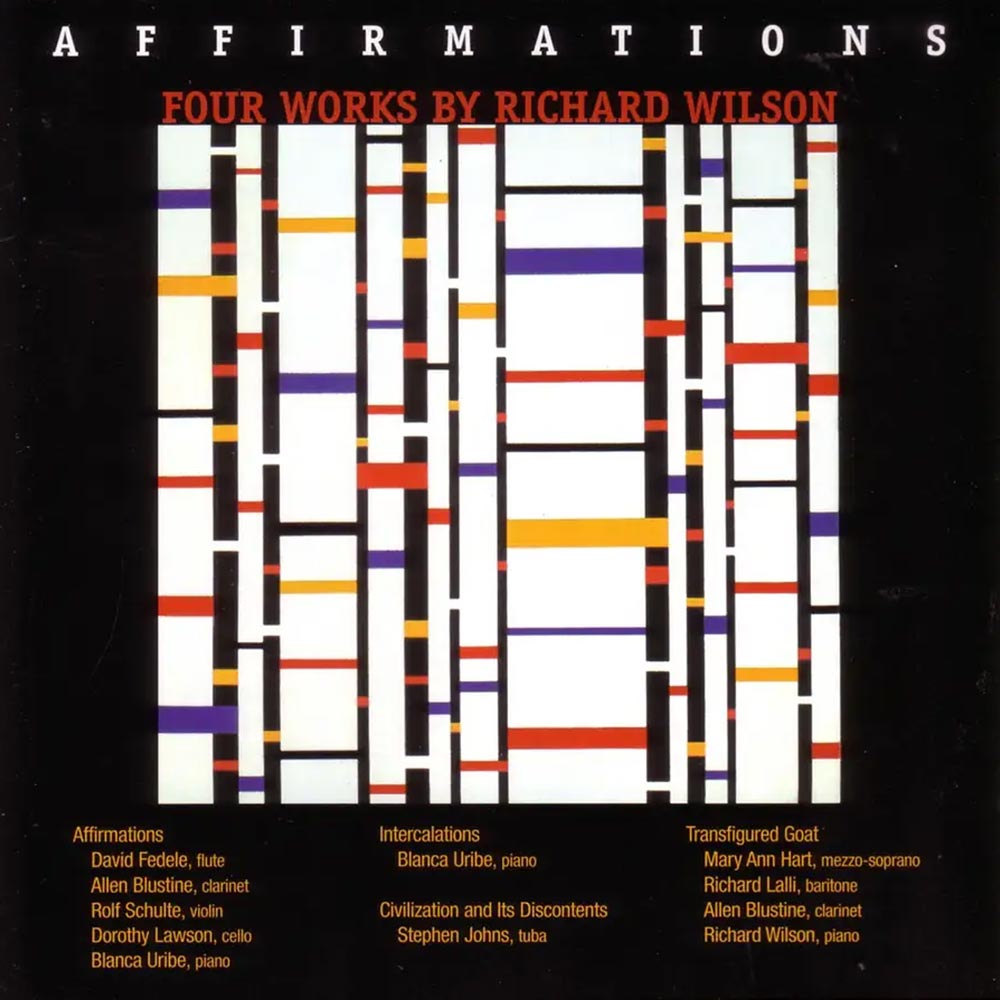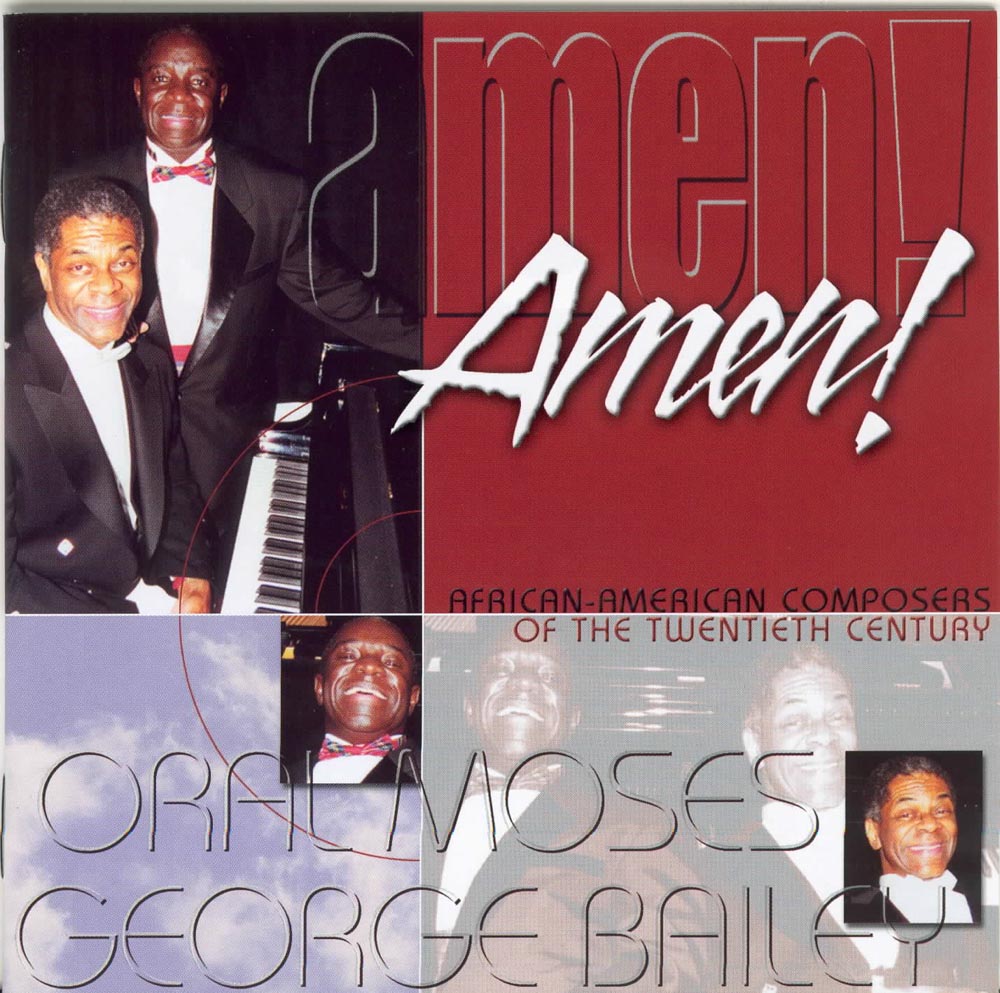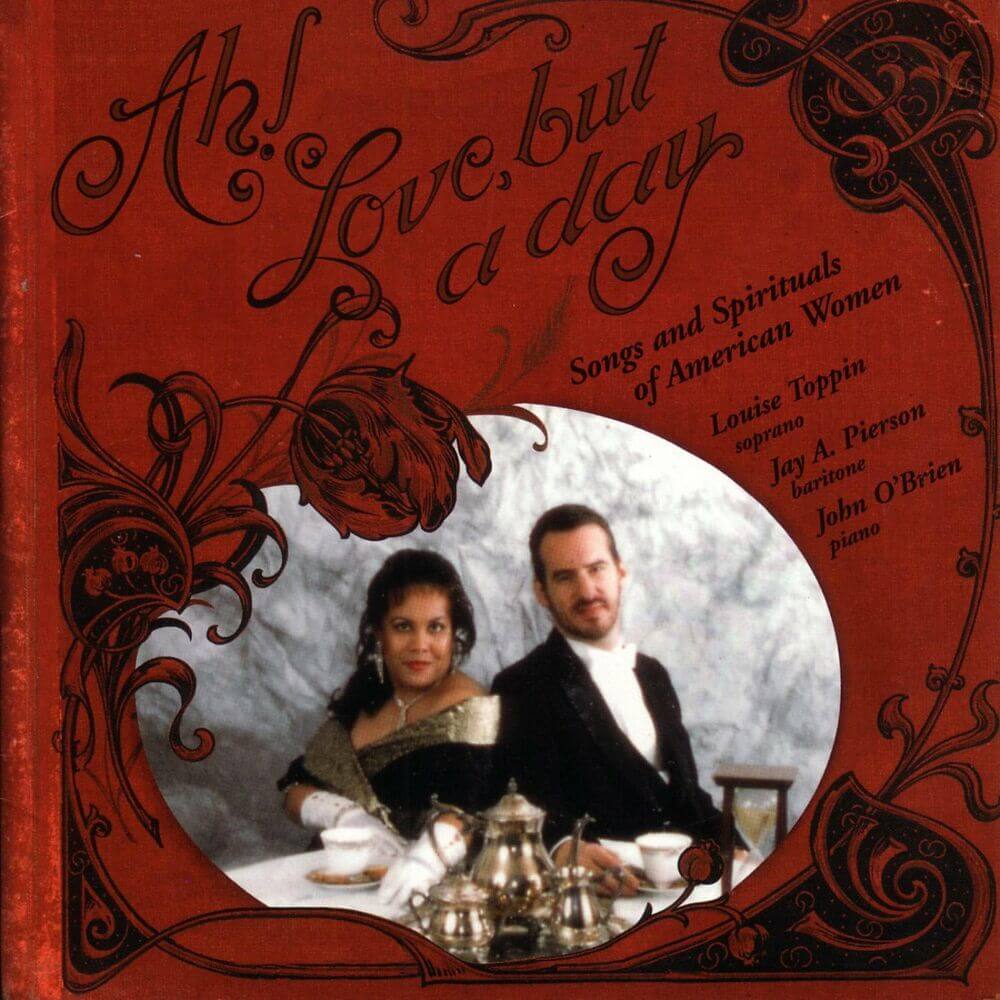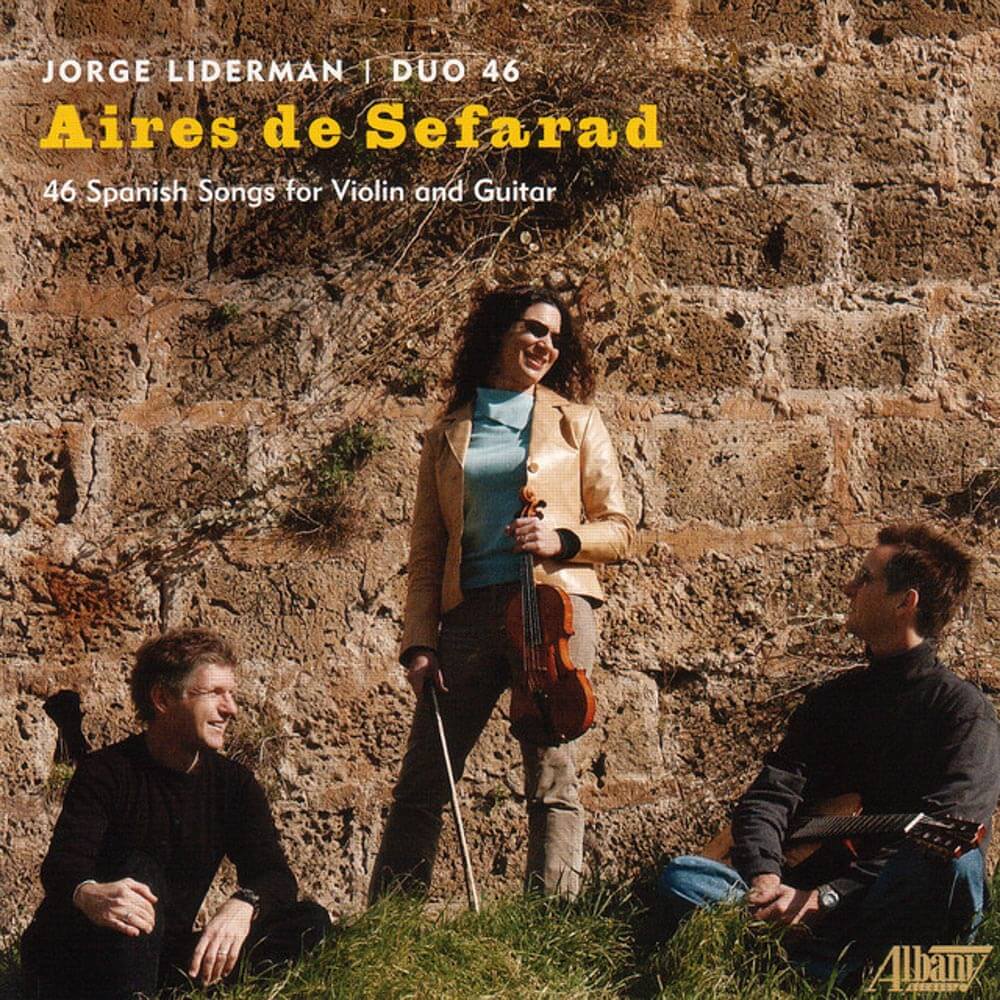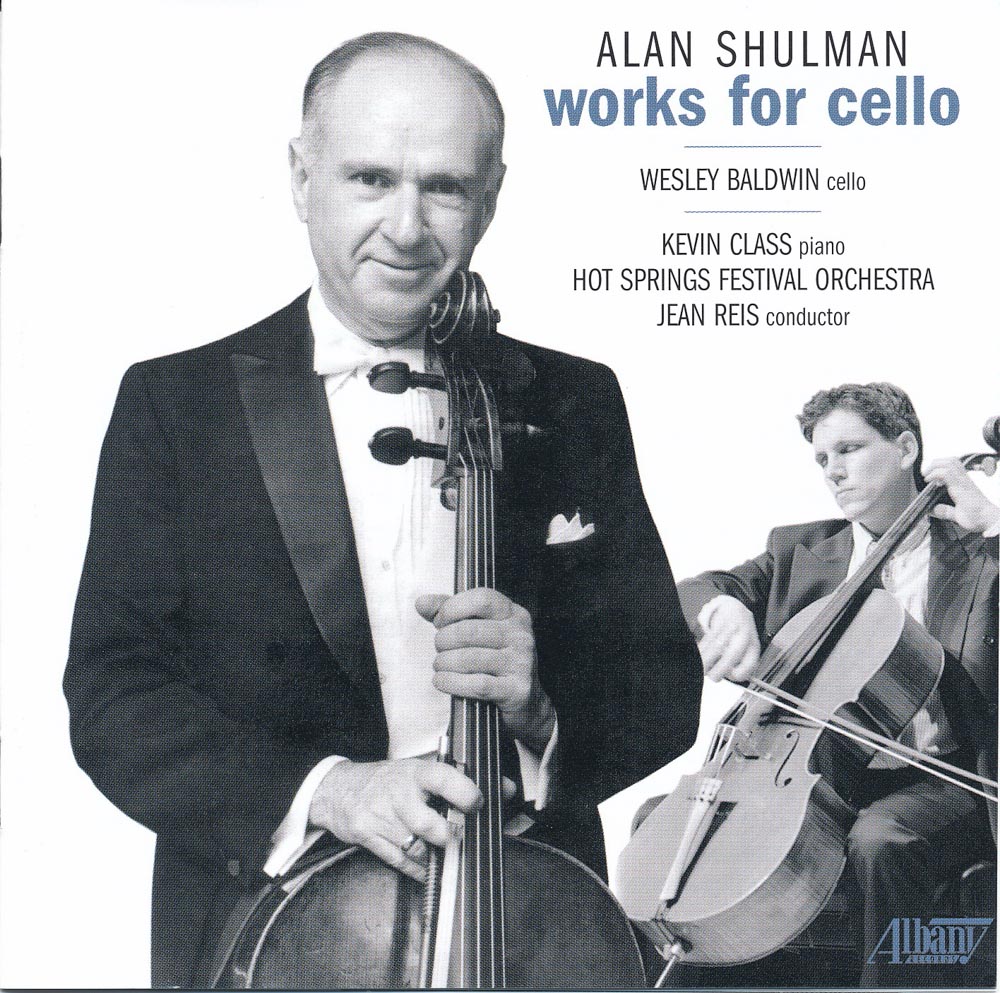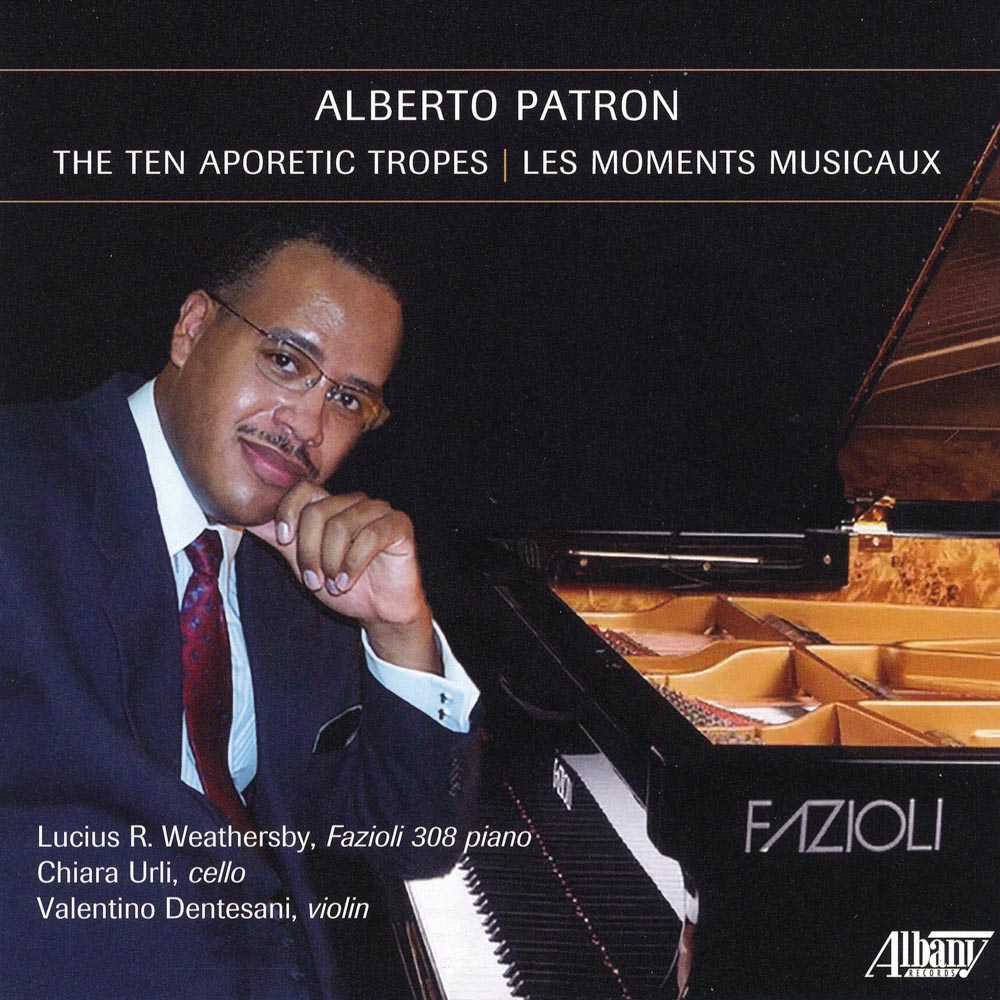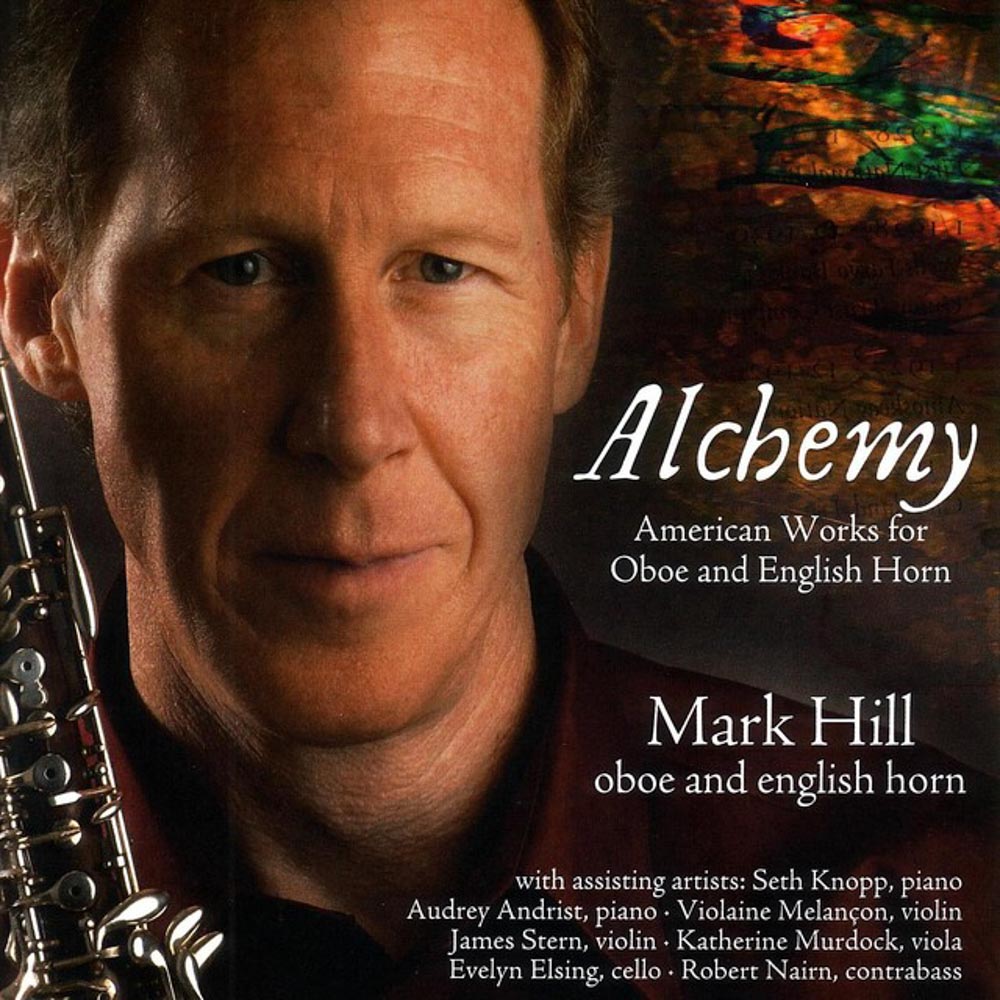Catalog #: TROY0747-48
Release Date: April 1, 2005OperaLee Hoiby's opera A Month in the Country was originally commissioned and first performed by the New York City Opera in 1964. This performance was recorded live for the 40th anniversary performance of the opera by the Manhattan School of Music Opera Theater. In the New York City of 1964, appearing in the guise of an opera by composer Lee Hoiby and librettist William Ball, Turgenev's A Month in the Country caused concerns for the artistic team. Ball had his first New York success as a director of plays. In 1943, he had directed A Month in the Country and had loved it ever since. In 1959, he had heard Hoiby's first opera, The Scarf, a one acter based on Chekov, at the New York City Opera where Ball was directing Hugo Weisgall's Six Characters and Mozart's Cosi. Ball immediately asked Hoiby to consider collaborating with him on setting the Turgenev. He agreed and the Ford Foundation supported the project and the opera we present here was born.
Catalog #: TROY1384
Release Date: November 1, 2012ChamberTexas Christian University's Trio Con Brio performs two new works for clarinet, viola and piano. The first, by Russian-born composer Elena Sokolovski has an intriguing title--Venice Suite, Concerto Grosso for 3 Soloists & 9 Instruments. Indeed, each musician plays several instruments including glasses filled with wine. Eric Ewazen's Trio was commissioned by the Texas Christian University School of Music for Trio Con Brio and was premiered in March 2005. The three members of Trio Con Brio all serve on the faculty at Texas Christian University. Clarinetist Gary Whitman received the Chancellor's Distinguished Achievement Award as a Creative Teacher and Scholar and is a member of the Fort Worth Symphony Orchestra. Violist Misha Galaganov has performed as a soloist and given master classes in Russia, china, Italy, Israel, Czech Republic, Mexico, Holland, Belgium, Germany, Austria and the United States. Pianist John Owings has appeared as soloist with orchestras and given solo recitals throughout the United States, Latin America, Europe and the Far East. He was gold medalist of the first Robert Casadesus International Piano Competition.
Catalog #: TROY1890
Release Date: April 1, 2022Wind EnsembleThis recording of music for piano, flute, and flute and piano offers a panorama of classically trained Peruvian composers and a Peruvian-American composer whose music was inspired by Andean Indigenous melodies, rhythms, and traditions. The compositions range in date from 1927 through 2002. The performers include pianist Carmen Rodríguez-Peralta and flutist Orlando Cela. Rodríguez-Peralta has appeared as piano soloist and chamber musician throughout the United States, Peru, and Mexico. A winner of the Artists International Young Musicians Auditions, Ms. Rodríguez-Peralta has performed in noted concert halls throughout the United States. A graduate of Temple University, Catholic University and The Juilliard School, she is chair of the music department of Middlesex Community College. Orlando Cela has premiered more than 200 works, both as a conductor and flutist. He is music director of the Lowell Chamber Orchestra and the Arlington Philharmonic Orchestra. He is on the faculty of the Berklee College of Music and Middlesex Community College.
Catalog #: TROY0957
Release Date: August 1, 2007Wind EnsembleBorn in Prague and an American citizen since 1959, Karel Husa is one of our most important living composers and a winner of the 1969 Pulitzer Prize. He has shown a special interest in band music, and this definitive collection of his works for wind symphony includes Music for Prague 1968, one of the mainstays of the repertoire.
Catalog #: TROY1631
Release Date: December 1, 2017VocalSoprano Rebecca Wascoe Hays is an avid promoter of contemporary American composers and her enthusiasm is evident in this recording of music by the esteemed composer Libby Larsen. Wascoe Hays has chosen two major works (The Magdalene and De Toda La Eternidad) interspersed with two arias from Larsen's operas and two songs. The Magdalene is a setting of Chapter 33 verses 1-12, 14-18 and 30-35 from the Pistis Sophia, a Gnostic text that comes from the third century. De Toda La Eternidad is a song cycle sung by a lover caught in an agonizing suspension of time — a time in which the lover perceives everything from beginning to end, even before the affair begins. Ms. Wascoe Hays has twice been a winner of the Gerda Lissner Foundation Award and has been recognized as a finalist or semi-finalist in many international competitions. She is on the faculties of Texas Tech University and Music in the Marche. Her collaborator, pianist Jeffrey Peterson, has appeared in recitals and master classes on five continents. His concert and recital appearances have taken him around the world.
Catalog #: TROY0202
Release Date: August 1, 1996OrchestralAs you might have guessed from other Gould releases in our catalog, we at Albany Records are great fans of the music of this wonderful American composer. This recording is a reissue of recordings that originally appeared on EMI in 1990 and was only available for a short time. It is a perfect introduction to his music and shows just why he is such a fine composer. From the American Salute to the American Symphonette No. 2 with its delightful Pavane, there is music here for anyone who enjoys classical music. Kenneth Klein conducts this music beautifully. He understands the Gould idiom perfectly and conveys it with great appeal. This disc has been remastered and sounds terrific and should find a wide audience.
Catalog #: TROY0766
Release Date: July 1, 2005ChamberAndrew Imbrie turned 80 on April 6, 2001, and twelve performances of nine programs were presented across the country between March 4th and June 3rd of that year. If you are familiar with the music of this independently-minded, rugged composer, this new release will be of a very special interest, where music by friends, students and colleagues are presented along with two fine examples of his art. Veteran collectors will be familiar with such works as the chamber piece Dandelion Wine and the powerful Symphony No.3, formerly available on CRI. And, maybe, someday we'll have a reissue of his masterpiece, the Violin Concerto, released on a long-gone Columbia LP of the late 1960's. Perhaps the most important of Roger Sessions' pupils, Imbrie has been making a major contribution to the musical culture of America as both composer and educator. From the time his String Quartet No. 1 won the New York Music Critic's Award in 1944 until today, he has produced work after work of the highest craftsmanship, integrity, and artistic merit. While his work has won numerous awards, its value to our musical community is beyond measure. As an educator at the University of California, Berkeley and the San Francisco Conservatory of Music, he has trained generations of musicians, musicologists and composers. The works presented at the birthday concerts were, in a small way, an attempt to say what could not be adequately said in any other way. This important new CD reproduces the second of such concerts, given on April 9, 2001 at the San Francisco Conservatory of Music.
Catalog #: TROY1720
Release Date: March 15, 2018James Adler's A Winter Triptych is a setting of three Christmas melodies from the Oxford Book of Carols and is scored for chorus, soloists, and an unusual, intimate accompaniment of horn and harp. Commissioned by the Windy City Gay Chorus, the Gay Men's Chorus of Washington, DC and the Morehouse College Glee Club, the world premiere took place in Chicago in 1984. Composed at night at Adler's Aunt Reva's kitchen table during a visit, A Winter Triptych is a quiet and primarily introspective work. James Adler, equally at home composing or performing has a career that encompasses teaching, performing, and composing. Adler can be heard as a performer and composer on Albany Records, Capstone, Navona, and Ravello Records. He is on the faculty of Saint Peter's University and is a National Arts Associate in the Sigma Alpha Iota International Music Fraternity and a recipient of the 2017 Marquis Lifetime Achievement Award. Beautifully performed by the Judson Memorial Church Choir conducted by Henco Espag, A Winter Triptych is James Adler at his best.
Catalog #: TROY0305
Release Date: January 1, 1999ChamberThe composers of these trios all were born within a ten year span, and were of considerable significance in the first third of the 20th century, when American music was first finding its voice. They are representative of different currents in the musical stream, and the details of their lives and interactions provide insight into the American classical world music world during a fascinating period in our history. Hadley was born in Somerville, Massachusetts and studied with Chadwick at the New England Conservatory. He also studied in Europe with Ludwig Thuille. He was the conductor of the Seattle Symphony, the San Francisco Symphony and the New York Philharmonic. His Piano Trio was composed in 1932 and is in a four movement symphonic form. Virtuosic string writing is evident throughout, as is Hadley's flair for lyrical melody. Daniel Gregory Mason was born in Brookline, Massachusetts into one of this country's most important musical families. His father Henry was one of the founders of the Mason and Hamlin piano company and his grandfather, Lowell was one of the most influential composer and educator of the 19th century. His uncle, William, studied piano with Liszt and played a major role in the development of classical music in this country. He studied with John Knowles Paine at Harvard and in France with Vincent D'Indy. He composed his Sentimental Sketches, Op. 34 in 1935. Bloch was born in Geneva but came to this country in 1916 to teach at the Mannes School. In 1920 he accepted the Directorship of the Cleveland Institute in 1920. He took the same position at the San Francisco Conservatory in 1925. He became an American citizen in 1924. He composed his Three Nocturnes in 1924. Cadman was born in Johnstown, Pennsylvania. He studied music theory with Leo Oehmler and Organ with W.K. Skinner. He became very interested in music with American Indian themes. In 1916, after years of traveling, lecturing on American Indian music, he moved to Los Angeles where he composed operas, film scores and Orchestral works. He was a founder of the Hollywood Bowl and was awarded an honorary doctorate by the University of Southern California in 1926. He composed his Trio in D Major in 1914. It was his very first venture into Chamber music. It demonstrates beautifully his love of melody. This disc fills an important gap in the catalog of early American Chamber music. Detailed and informative program notes.
Catalog #: TROY0989
Release Date: January 1, 2008InstrumentalRobert Weirich leads an extremely active career as a pianist, teacher, author and composer, with many awards and articles to his credit, and with more than 30 concerto performances with such conductors as David Zinman and Jose Serebrier. Of Copland’s piano music, he writes, “Aaron Copland had a life-long love affair with the piano…he entrusted the piano with three of his most important, iconically personal works. These compositions hold their own with those of any composer from any period – a pianist can program them alongside Bach, Beethoven, Schumann and Brahms, without fear that the American work suffers in comparison. For sheer originality, compositional craft and profundity of utterance, here is music with a complete mastery of voice – no one but Copland could have written these pieces.”
Catalog #: TROY1724
Release Date: May 1, 2018ChamberComposer Robert Xavier Rodríguez has been hailed as "one of the major American composers of his generation." His music has been performed by organizations such as the New York City Opera, Brooklyn Academy of Music, Dallas Opera, Houston Grand Opera, the Cleveland Orchestra and the Seattle, Houston Dallas, Pittsburgh, St. Louis, Boston, and Chicago Symphonies, among many others. His numerous awards include a Gugggenheim Fellowship and the Goddard Lieberson Award from the American Academy of Arts and Letters. He has served as composer-in-residence with the San Antonio Symphony and the Dallas Symphony. He is on the faculty at the University of Texas at Dallas and conducts its Musica Nova Ensemble. His sixth recording for Albany Records includes two works for string quartet and a work for violin and piano.
Catalog #: TROY1571
Release Date: June 1, 2015PianoArgentinian pianist Rosa Antonelli is one of today's leading performers and a champion of Latin-American and Spanish music. She has toured extensively, with more than 1,000 concerts in Europe, Africa, Asia, Latin America and North America and she is dedicated to performing and recording the works of these composers for audiences all over the world. This recording is a rich and varied sampling of this music, bringing together standard repertoire works with a few less familiar gems. While composers from Brazil, Spain, Mexico and Cuba are represented, Ms. Antonelli focuses in particular on the music from her homeland with a rich array of compositions by Astor Piazzolla, Luis Gianneo and Alberto Williams.
Catalog #: TROY0327
Release Date: February 1, 1999ChoralAbout Absolute Joy Anthony Newman writes: Absolute Joy was written over a period of ten months in 1996-97, using texts of the Jewish Bible, the New Testament, and the Book of Enoch. Conceived in three parts, the dramatic structure comprises angelic accounts in the Torah, texts dealing with the fallen angels, and messengers of the Most High in the Christian Bible. It also includes quotations from the English poets John Milton, William Shakespeare, and William Blake. The work was premiered at the Presbyterian Church, Mount Kisco, New York, as part of Mary Jane Newman's Candlelight Concert Series, on April 26, 1998 - with the same forces as appear on this recording. I have felt the presence of the Divine at crucial times in my life, in human form and in more undefinable phenomena, what some might term angelic. I wanted to honor these great beings of light and power with Absolute Joy . I am also humbly dedicating this work to the memory of an angel of compassion, Mother Teresa of Calcutta." For three decades, Anthony Newman has been in the public eye as one of the country's leading keyboard players, and as a prodigiously active composer, conductor and recording artist. Mary Jane Newman's many talents as conductor, harpsichord and Organ soloist are widely recognized in the U.S. and Europe. She made her New York debut in 1986 in Lincoln Center's prestigious Great Performers series at Alice Tully Hall.
Catalog #: TROY0541
Release Date: January 1, 2003Opera"...his music is tonal and melodic yet Sleeper avoids high sucrose neo-Romanticism for a darker, more personal and edgy style, bristling with nervous energy," writes the music critic Larry Johnson. Thomas M. Sleeper currently resides in Miami, Florida, where he is Director of Orchestral Activities and Conductor of the University of Miami Orchestra and Opera Theater. "Aceldama," Greek for "field of blood," appears in reference to the field where Cain slew Abel in the first recorded homicide (in fact, fratricide) of the Judeo-Christian tradition. "Aceldama" is sometimes also used to describe the field where Judas committed suicide after his betrayal of Christ. The opera Aceldama is based on the story of Cain and Abel and takes this tragedy through the ages to the Nazi Germany death camps and beyond. Three parts are joined to form one act. Part I takes place in the 1940s, with the final scene projecting surrealistically into the present and the future. Elements are fused from accounts of the Holocaust, Jewish and Christian texts, the Upanishads, the Arthurian legend, Dante's Inferno, and the Faust legend among other sources.
Catalog #: TROY0733
Release Date: March 1, 2005OrchestralRobert Ackerman is a rarity among musicians in our day and age: more than a performer who composes or a composer who performs, he transcends musical genres and styles, not only in his compositions, but performs all styles of music on four instruments (flute, clarinet, saxophone and piano). As if this were not enough, Ackerman has made a life of the study of acoustics and instrument design and has shared this information with generations of students not only as a public school music teacher, but also as an international lecturer and published author. His compositions have received Ford Foundation and National Endowment grants; he has performed with Steve Reich and Philip Glass; his big band charts and jazz tunes have found their way into the repertoire of some of the most influential jazz players of his age; and he has performed at most of the important jazz festivals the world over. Robert Ackerman was born in Irvington, New Jersey in 1940. His music studies began in New York City with Joe Soldo (Bell Telephone Hour) and the legendary Joe Allard (Juilliard School of Music) continuing with master teachers such as Thomas Nyfenger (Yale University), Keith Underwood, Eddie Saulkin, Harvey Boatright (Dallas Symphony), and Bob Morris (New York Philharmonic). Ackerman received degrees from Montclair State University and Columbia University in New York. After spending the 1960s in the New York concert music scene, Ackerman left for Europe and entrenched himself in the jazz scenes of Italy, Switzerland, France and Sweden, only to return to the States in 1985. This recording marks the first commercially available representation of his concert music.
Catalog #: TROY0639
Release Date: February 1, 2004InstrumentalDr. H. Leslie Adams is a native of Cleveland who studied voice, piano, conducting and composition at Oberlin. The following are the composer's impressions on these pieces, taken from the printed program that accompanied the Cleveland recital of February 2002. "Welcome to my world of music. Allow me to share with you my thoughts and feelings through this unique medium of expression. These Etudes for Piano are a personal labor of love. They were begun to fill a void in my creative catalog of works. Up until then, only a few short pieces existed; now, with the Etudes, a quite extensive amount of material is at hand. Created primarily with the concert pianist's repertoire in mind, these studies can easily be played by a number of pianists at various levels of development. These are essentially studies of varying styles, moods, tonalities, and thematic natures - each providing different technical challenges, while expressing my personal sense of beauty." Jamaican-born Canadian pianist Maria Thompson Corley, gave her first public performance at the age of eight. Her undergraduate work was completed at the University of Alberta in Edmonton, and she received both Masters and Doctorate degrees in piano performance from the Juilliard School, where she was a student of Gyorgy Sandor. Formerly an assistant professor at Florida A & M University, she currently serves as staff accompanist at Millersville University in Lancaster, Pennsylvania.
Catalog #: TROY0871
Release Date: November 1, 2006InstrumentalThe music of Charles Wuorinen is well known for its formidable intellectual rigor, its daunting notational complexity, and the extraordinary virtuosity required of its performers. It is also noted as a seminal contribution to the repertoire and theory of "American Serialism," a catch-all term describing compositional techniques developed by mid-century American composers (especially Milton Babbitt) from the 12-tone method of Arnold Schoenberg. Just the same, Wuorinen is, in many ways, a traditionalist, for whom music still possesses certain inalienable truths and standards. Seeking to be evolutionary rather than revolutionary, Wuorinen has never sought to denigrate, ignore, or replace music of the past. Nor has he ever indulged cynically in pandering, disposable "entertainment music" designed for mass consumption. Instead, his compositions aspire to an idealistic potential future. The selections on this compact disc are excerpted from nearly 35 years of prolific compositional activity, and although each work is a unique example of musical ideas and compositional technique, all have in common expert craftsmanship, an engaging rhetoric, and a satisfying sense of completeness. Above all, these works possess an exuberant musicality, a striking freshness and vigor, and an intelligence that invites and rewards attentive, active listening.
Catalog #: TROY0582
Release Date: June 1, 2003ChamberComposer Samuel Adler was born in Mannheim, Germany, and came to the United States in 1939. He holds a bachelor's degree from Boston University, an MA from Harvard and four honorary degrees. During his service in the US Army he founded and conducted the Seventh Army Symphony Orchestra and was awarded the Army's Medal of Honor for that orchestra's impact on the European cultural scene. In 2001, he was inducted into the American Academy of Arts and Sciences. His catalog of compositions numbers more than 400 published works, including five operas, six symphonies, eight string quartets, 12 instrumental concerti, many shorter instrumental works, much choral music and published books on choral conducting, sight singing and orchestration. From 1966 until 1995, he was professor of composition at the Eastman School of Music. He has served as guest composer or conductor at over 300 colleges and universities world wide. He is now a member of the composition department at the Juilliard School.
Catalog #: TROY0328
Release Date: April 1, 1999ChamberSamuel Adler was born in Mannheim, Germany, on March 4, 1928. A prominent and important educator, Adler has enjoyed what might be called the patronage of the American University, which is the 20th century equivalent of the 17th century's church and the 18th century's court. Just as composers in the past often owed their allegiance to and drew their salaries from religious leaders or noblemen, so a large number of professional composers today are employed by colleges and universities, where they have many duties besides writing music. Adler's career is typical. In addition to being the creator of over 400 published works, he has also been a teacher, administrator, and author of textbooks. In 1966 he became Professor of Composition at the Eastman School, a position from which he recently retired; in 1974 he became chairman of the Composition Department; in 1984 he was named Mentor of the University of Rochester. He has published books on orchestration, musicianship, and choral conducting. And, like his counterparts two and three centuries ago, he is an accomplished conductor. Acrostics is a concerto for harpsichord, flute, oboe, clarinet, violin and cello. The work was written in 1985 as a Christmas present for the composer's good friends Barbara Harbach and Thomas George. Harbach had been performing the Harpsichord Concerto by DeFalla and Adler wanted to write a companion piece for that work for the same combination of instruments. The work was premiered in the fall of 1986 by Barbara Harbach, harpsichord, and members of the Buffalo Philharmonic Orchestra in Buffalo, New York. The Second Piano Concerto was commissioned by the Friends of Today's Music for the Music Teachers Association of California for the 100th Anniversary of the Organization in 1997 and premiered at their convention in San Francisco July 7, 1997. Choose Life , written in the summer of 1986, was commissioned by Robert Shaw and the Atlanta Symphony Orchestra. It is a celebration of life.
Catalog #: TROY0358
Release Date: October 26, 1999PianoHere we present the last record of the nomadic pianist, Adrian Brinkerhoff, in Nepal, just before his disappearance into the deep Himalayas. Brinkerhoff played only for his friends, in settings of his own distracted choosing - power plants, shoe factories, cisterns, moving his Steinway in the dark, surrounded by muscular thugs, traveling further and further away from recognition. The twelve compositions presented here all illustrate different aspects of the day and are all in D flat. In the 675 pages of text (which can be accessed on a DVD machine in a home theater or a computer), the pianist explains the unique connotations of the key of D flat - why a composer would write in D flat rather than, say, F major. The text also includes running commentary by the producer on the recording and its tragic circumstances. 82 photographs are included, taken in Nepal by the pianist at the time of the recording. Here are some thoughts by the pianist. "I've chosen these pieces because to me they cling to that nocturnal trellis that lives only in the world of D flat. The dreams they provoke are not accidental. The moods they inspire must be similar to the same moods that brought them into the world. That is, they re-create themselves easily, assuming the pianist doesn't trip over them, but has the foresight instead to slip into the hedges and wait for thunder." This new CD, even though it is in DVD Audio, using the latest technology, will play on all current CD players.
Catalog #: TROY0512
Release Date: June 1, 2002OperaRichard Wilson is the composer of some eighty works in many genres. A Phi Beta Kappa graduate of Harvard, he holds the Mary Conover Mellon Chair in Music at Vassar; he is also Composer-in-Residence with the American Symphony Orchestra. Richard Wilson writes: "It was during a prolonged losing streak of the New York Yankees (we New Yorkers love our Yankees) that, musing on the subject of failure, I decided to write an opera about _thelred the Unready. The libretto I wrote is mainly whimsical. But, it does draw on history, presenting three characters who actually existed. Work on the libretto and then the music of the opera began in the summer of 1992. Excerpts were performed in concert by The American Symphony Chamber Orchestra in 1993 and 1994. The first complete performance is the one captured here." So here we have the first opera ever, inspired by a losing streak of the New York Yankees, or any baseball team as a matter of fact.
Catalog #: TROY0389
Release Date: May 1, 2000ChamberRichard Wilson was born in Cleveland. At Harvard he studied composition with Robert Moevs. Today he holds the Mary Conover Mellon Chair in Music at Vassar College and since 1992 has been the Composer-in-Residence with the American Symphony Orchestra for which he gives pre-concert talks. He is also active as a concert pianist. His music is also available on two previously issued Albany CDs: TROY074, which contains Persuasions, for soprano and instruments, Lord Chesterfield to his Son for solo cello, Fixations for solo piano, and the Sonata for Viola and Piano; and TROY 333, Stresses in the Peaceable Kingdom, that features ten choral works.
Catalog #: TROY0459
Release Date: December 1, 2001VocalIn his second CD recording, bass-baritone Oral Moses offers art songs and spiritual arrangements by African-American composers and arrangers whose work spans the 20th century and spills over into the 21st century. Mr. Moses, a South Carolina native, began his singing career as a member of the United States Seventh Army Soldiers Chorus in Heidelberg, Germany and a member of the famed Fisk Jubilee Singers while attending Fisk University following his military career. Upon completion of his undergraduate studies he was awarded a Thomas J. Watson Fellowship which provided him the opportunity to return to Europe for further study in vocal performance and opera. Upon his return to the United States, he attended the University of Michigan where he earned a Masters of Music and Doctorate of Musical Arts Degree in vocal performance and opera. He is the co-author of Feel the Spirit: Studies in 19th Century Afro-American Music. He is currently Professor of Voice and Music Literature at Kennesaw State University in Kennesaw, Georgia.
Catalog #: TROY1263
Release Date: June 1, 2011ChamberThe music of composer David Dies (b. 1972) has been performed in venues around the world, including London, Lima, New York City, Chicago, Lenox, Massachusetts, Ithaca, New York, and Madison, Wisconsin, where he has been both student and teacher. Notable performances include sopranos Mimmi Fulmer and Judith Kellock, cellist Jakub Omsky, pianist Christopher Taylor and bassoonist Marc Vallon, among others, who are featured on this recording. He currently teaches music theory and composition at Lawrence University in Appleton, Wisconsin. Dies comments that, "I titled the CD, agevolmente, because the complicated path I took to find the "simple" term reminds me of a central irony in my music. Generally, I want my music to sound comfortable, natural, elegant, and easy, but it takes a high level of skill, musicianship, and concentration to perform. I want the music to sound unlabored and simple when, for the performer, it can be exacting and complex."
Catalog #: TROY0385
Release Date: February 1, 2000VocalThe artists on this disc write: "Through the ages, they have played recitals, studied in conservatories, written symphonies, concerti, chamber music, operas and piano works. Their music has been performed and recorded by the world's most prestigious orchestras, chamber ensembles, vocalists and instrumentalists. Although frequently neglected, art songs have consistently appeared in the output of women composers. From the parlor songs of Amy Beach to the jazzy accompaniments and lush tunes of Margaret Bonds, American and African-American women have created well-written and interesting compositions and made exciting contributions to the art of song repertoire. This CD is a compendium of these unsung (and in some instances unpublished) art songs. Some are romantic and rapturous, others folksy and frilly, yet all are replete with charm and dignity and worthy to be heard."
Catalog #: TROY0599
Release Date: November 1, 2003VocalGena Branscombe was a major figure in song writing from the turn of the century through the 1930s, the period when the solo recital was a viable venue for the professional singer. Gena grew up immersed from an early age in the musical life in the small Canadian town of Picton, Ontario. She studied with local teachers, finished high school with honors at 15, and then went to Chicago where she enrolled in the Chicago Musical College as a scholarship student of Rudolph Ganz. Basically on her own from age 16 onwards, she taught piano students and accompanied singers to supplement her income. In 1901, she joined the Musical College as a piano teacher. In 1907, she moved to Walla Walla, Washington, to establish the music department and teach at Whitman College. In 1909-1910, she studied in Berlin with Ganz and Englebert Humperdinck. She returned to America in 1910 and married and then settled in New York City where she and her husband had four daughters. She then moved to Mountain Lakes, New Jersey, where she began to participate in local choruses. She wrote much choral music and succeeded Mrs. H.H.A. Beach as the second president of the Society of American Women Composers. The 1930s marked the creation of the Branscombe Choral, a women's chorus. The chorus was finally disbanded in 1954, when Gena was 73 years old. She spent the rest of her life traveling with her daughters and composing. Her first songs were published in Chicago in the 1890s, while she was still a student. Her last song was published in 1957. Her greatest activity as a published song composer was between 1906 and 1922, after which her attention turned to choral works.
Catalog #: TROY0829
Release Date: February 1, 2006InstrumentalBorn in Buenos Aires, Jorge Liderman is quickly becoming one of the most highly-regarded South American composers of today, with his works being performed worldwide. Though his music is experimental, it is also extremely colorful, with a strong nationalistic undercurrent. Aires de Sefarad (Airs from Spain) is a cycle of 46 songs without words for violin and guitar, and although many of them are love songs, they vary in character and their musical nature. These songs highlight, at the core of their musical structure, unchanged original melodies that were sung in Ladino by the Spanish, or by the Hebrew, Sephardic Jews. After the Spanish Inquisition, a large number of Jews emigrated to Portugal, Tunis, Morocco, Turkey and Israel among other countries. After a 2003 visit to Spain, walking through the Jewish quarter in Cordoba and experiencing the vibrant life of the region, Liderman was inspired to write Aires de Sefarad. As he says, "This work reflects my impressions of past and present Spain in its vast and varied culture."
Catalog #: TROY1805
Release Date: March 1, 2020ChamberAcross the Ages features cello works written by the prolific American composer Alan Hovhaness (1911-200). Inspired by elements of ancient Armenian, Japanese, and Indian music, the collection of works reflects Hovhaness' renowned ability to synthesize different musical traditions. Utilizing the cello's rich and expressive nature, Hovhaness' music reveals the timeless connection we have to past civilizations, to nature, and to one another. Cellist Christina Gullans is an avid performer with an interest in music semiology. A former member of the Boston String Quartet, she has participated in numerous festivals, including Aspen, Spoleto, and Music Without Borders. She plays an American cello made by Charles Albert in 1886.
Catalog #: TROY1093
Release Date: March 1, 2009VocalBorn in New York City, Alan Seidler studied at The Juilliard School, but after leaving Juilliard, his career took a left turn and he soon became one of the pioneers of the Blues and Ragtime revival of the 1970s. The most successful of his recordings from this era was The Duke of Ook, which became and still remains a cult classic. In the late 1980s he returned to composition and in the past decade, he has focused primarily on vocal and choral works.
Catalog #: TROY1187
Release Date: May 1, 2010InstrumentalAmerican composer, cellist, and arranger Alan Shulman (1915-2002) made a distinct and significant contribution to American music. He was a fellowship student at the Juilliard School studying both cello (with Felix Salmond) and composition (with Bernard Wagenaar.) He then continued his studies on cello with Emanuel Feuermann and in composition with Paul Hindemith. Shulman had a significant career as cellist, teacher, arranger and, of course, composer. He performed extensively as cellist of the Kreiner, Stuyvesant, and Haydn String Quartets, the Philharmonia and Vardi Trios, with An Die Musik, and as a charter member of both the NBC Symphony Orchestra under Arturo Toscanini and the Symphony of the Air. Shulman was a notable and active teacher for many decades. Primarily know for his Theme and Variations for Viola and Orchestra, his body of fine solo cello literature is virtually unknown today. This recording intends to begin raising awareness of this important music.
Catalog #: TROY1845
Release Date: December 1, 2020ChamberItalian composer Alberto Patron is a composer, music theorist, writer, philosopher, and artist. A pioneer of indeterminacy in music (aporetic music) and non-standard use of musical instruments, Patron is the leading composer of aporetic music as well as aporetic philosophy. This recording, performed by Lucius Weathersby, includes Patron's Ten Aporetic Tropes and two works from his Les Moments Musicaux. Weathersby (1986-2006) was an organist, composer, educator, and church musician who served on the faculty at Dillard University and Amherst College.
Catalog #: TROY0890
Release Date: December 1, 2006InstrumentalIt's fitting that we present a CD of American works for oboe and English horn in various chamber combinations. The song-like quality of these two instruments has made them ideal for expressing long, melancholy musical lines as well as more agitated, pithy statements. Remember how it was virtually mandatory for the slow movement of a mid-20th century American symphony to begin with a deeply introspective melody on the oboe or English horn? These chamber works express a great variety of moods and sounds and diverse, individual styles, all distinctly American. Mark Hill's versatile career has included a broad range of orchestral, chamber and solo performing along with a consistent commitment to teaching. He has performed with the New York Philharmonic, the National Symphony, the Baltimore Symphony, the Orpheus Chamber Orchestra and the Academy of St. Martin-in-the-Fields. He has also performed with the New York Woodwind Quintet, the Aspen Wind Quintet and Chamber Music Northwest, with a concentration on contemporary music such as found on this CD. A pupil of Ronald Roseman and Roger McDonald, Mr. Hill is Associate Professor of Oboe and Chamber Music at the University of Maryland School of Music.
Catalog

©2024 Albany Records. All rights reserved. | Privacy Policy | Website by PARMA Creative.
